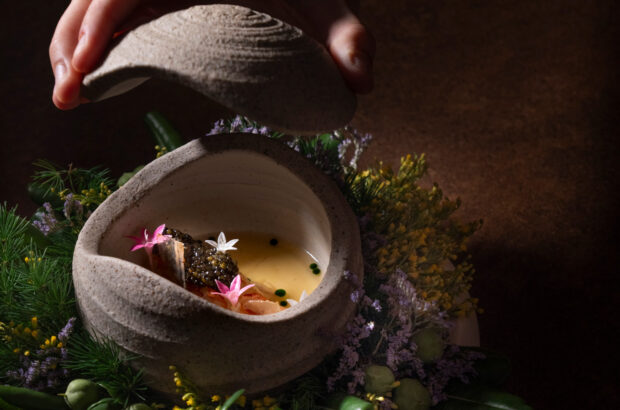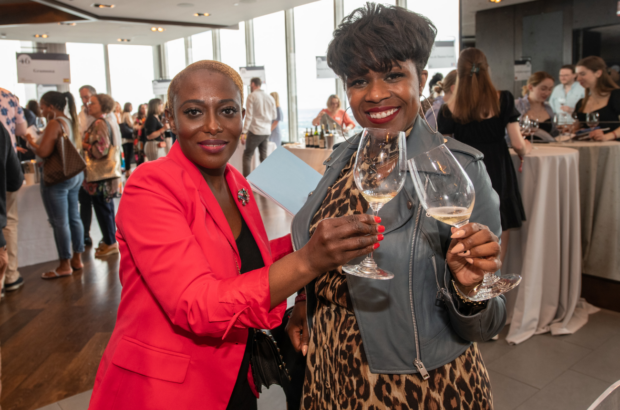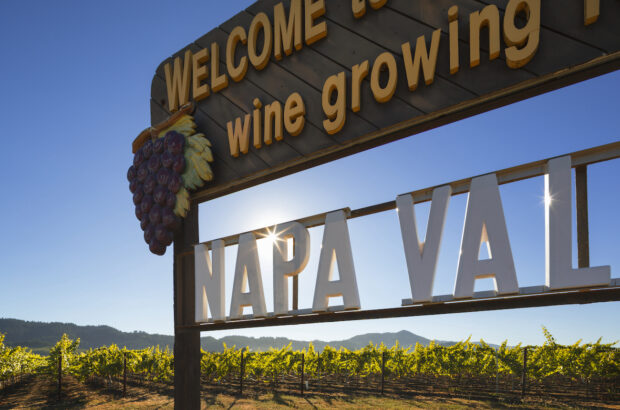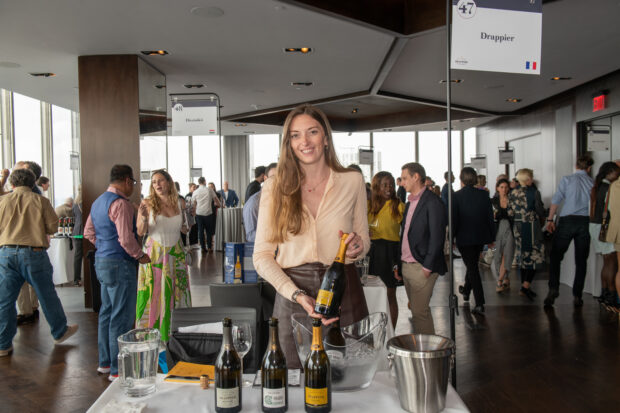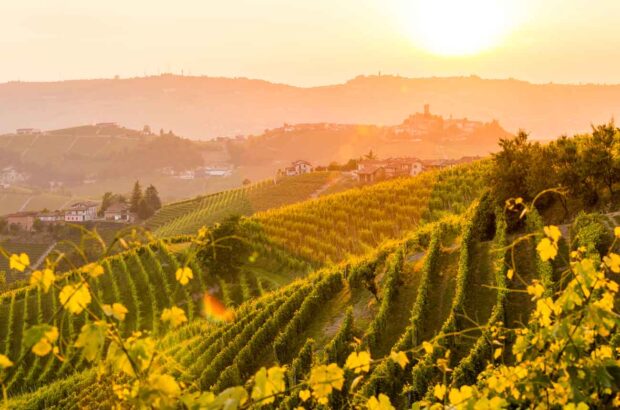Family-owned Champagne Duval-Leroy has this week announced that its entire range is now 100% vegan friendly, arguing that consumers want wines made 'as naturally as possible'.
Duval-Leroy has made the switch to vegan Champagne, said the family-owned house founded in 1859.
It said it had achieved this by allowing the Champagne to ‘clarify’ naturally, by leaving it for around three months longer than is typical in vats and barrel to allow a natural settling process.
This means the house does not need additional fining agents that can include products such as casein (milk protein), gelatin and egg whites.
‘There is an increasing consumer demand for wines made as naturally as possible,’ Julien Duval-Leroy said. ‘That makes it worth the investment of longer ageing, later blending and later on-sale date.’
All the house’s grapes are from premier cru and grand cru terroirs. ‘We want to ensure that we fully respect them during winemaking,’ Duval-Leroy told Decanter.com.
‘But we have also found that there is a quality advantage to the longer ageing also. The mousse becomes finer and more persistent, while the wine retains a natural richness.’
Other Champagne houses, including Veuve Clicquot, use products of mineral origin for clarification, such as bentonite, which does not contain animal products.
- READ: Ridge Vineyards backs full disclosure on wine labels
- SEE ALSO: Should there be calorie counts on wine labels?
(Editing by Chris Mercer)



